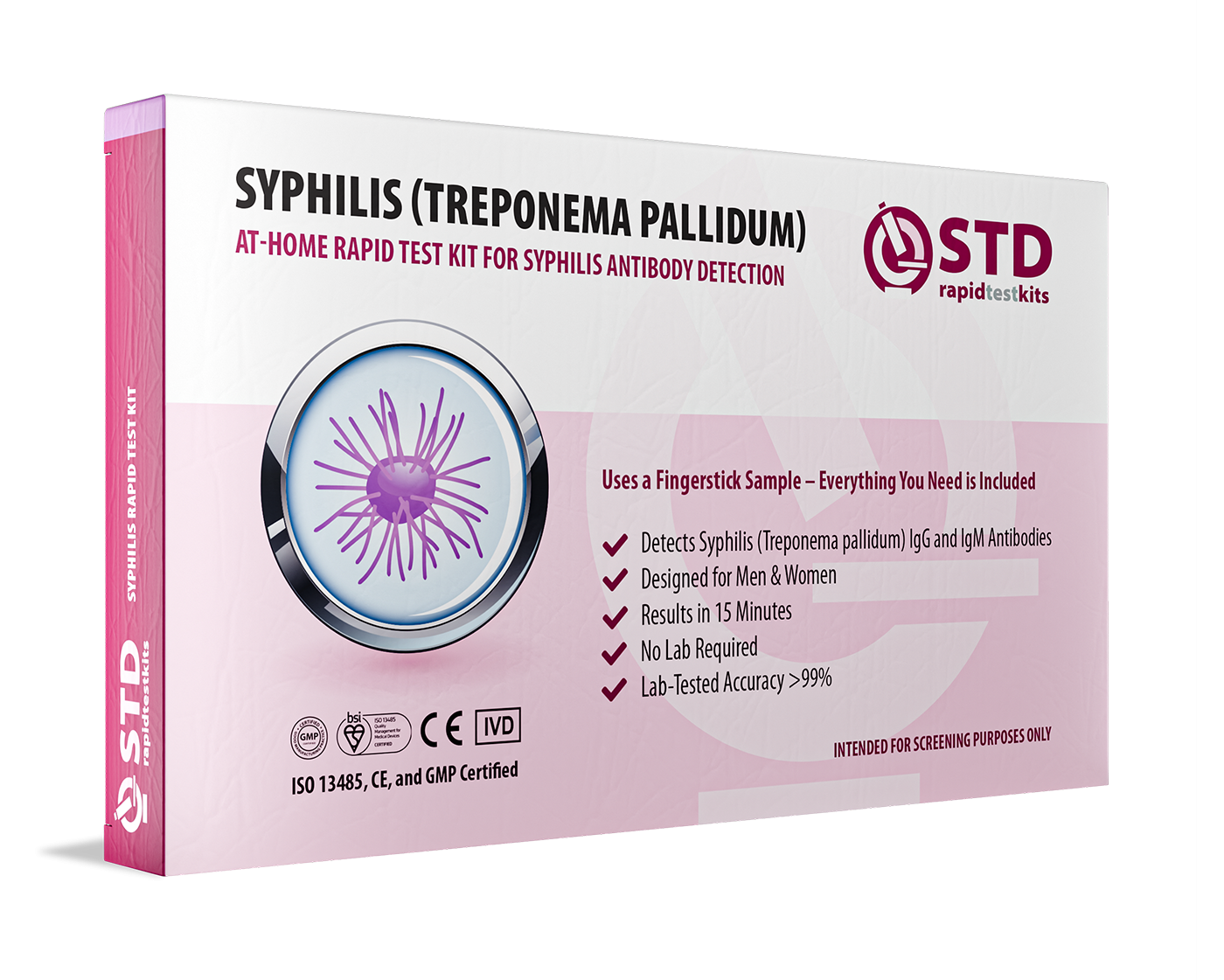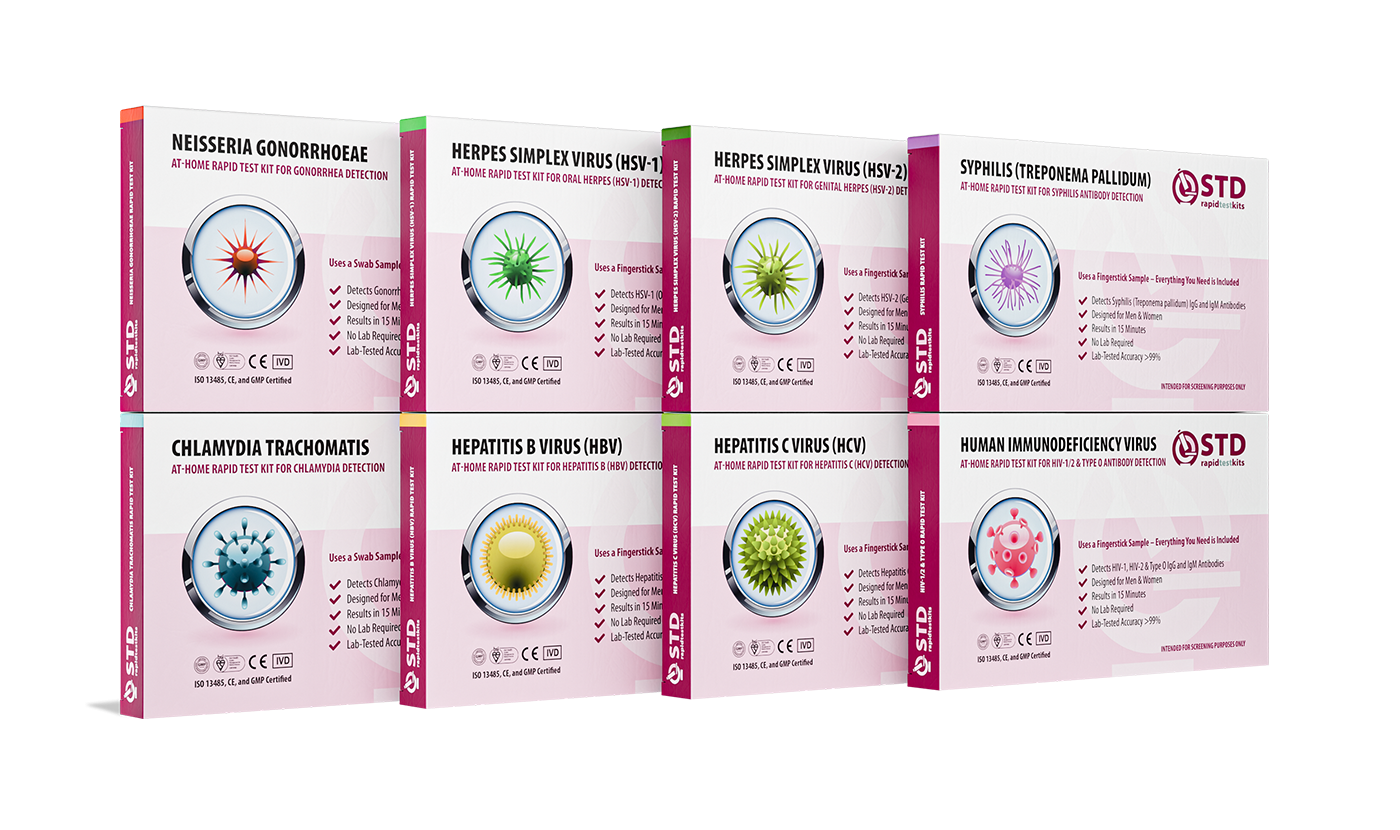Quick Answer: In some cultures and countries, STD testing is required before marriage, especially for HIV or syphilis. In others, stigma prevents testing. It’s often shaped by religion, gender, and access to care.
Why Some Cultures Demand STD Tests Before Marriage
In certain countries, premarital testing for HIV and syphilis isn’t optional, it’s the law. These requirements often stem from public health efforts to prevent transmission to partners and future children. But they can also reflect deeply held cultural fears around “purity,” virginity, and morality.
- Saudi Arabia: Mandatory premarital screening includes HIV, hepatitis B/C, and syphilis
- Iran: Blood tests for STDs are part of the marriage license process
- Nigeria (some states): Churches and government agencies require HIV testing before wedding ceremonies
These policies aim to prevent infection, yes, but they also come with baggage. In many places, the emphasis is more about, judging the past, than, protecting the future.

People are also reading: STD Diagnosis Without the Awkward Clinic Visit: A Telehealth Guide
When Tradition and Testing Collide
In cultures where arranged marriage is common or where virginity is idealized, asking for an STD test can be interpreted as an insult. That means many people walk into marriage hoping their partner is safe, without evidence.
Consider this:
- India: Some communities discourage open conversations about sex or sexual history before marriage
- Philippines: Religious conservatism makes even suggesting an STD test taboo
- Rural U.S. communities: Stigma and shame lead many couples to skip testing entirely
The problem? STDs don’t care about your wedding vows. And silence is their best ally.
Case Study: “He Gave Me Syphilis on Our Honeymoon”
Farah, 26, was raised in a Muslim family where sex before marriage was off-limits, and so was talking about it. “We were both virgins, supposedly. No one told me STD testing was something I could even ask for.”
“By our second week of marriage, I had lesions and didn’t know what was happening. I felt dirty. Betrayed. I was so ashamed I didn’t go to a doctor for months.”
Turns out, her husband had contracted syphilis years ago, and didn’t know. Or didn’t say. Farah’s story is not rare. It’s just hidden. That’s why normalizing STD testing before marriage is about more than medicine. It’s about trust, safety, and freedom.
Premarital Testing in Religion: Sacred or Silenced?
Religion plays a massive role in shaping how people approach sex, marriage, and STD testing. In many faiths, virginity is assumed, and asking for testing can be viewed as a sign of mistrust or impurity. But behind closed doors, many faith-based communities are quietly adapting.
- Islam: While premarital sex is forbidden, many imams now recommend HIV and hepatitis B testing before nikkah as part of responsible marriage prep
- Christianity: Evangelical churches in Sub-Saharan Africa often require HIV testing before blessing a union
- Judaism: Some rabbis encourage screening, especially in Orthodox communities where arranged marriages are common
Still, silence often wins. The assumption of virginity becomes a barrier to honest medical care. And in that vacuum, stigma thrives.
Check Your STD Status in Minutes
Test at Home with RemediumSyphilis Test Kit

 For Men & Women
For Men & Women Results in Minutes
Results in Minutes No Lab Needed
No Lab Needed Private & Discreet
Private & DiscreetOrder Now $33.99 $49.00
The Power (and Pitfalls) of Mandatory Testing Laws
In some countries, the government steps in with mandatory premarital STD screenings. On paper, it sounds like progress. But the reality is more complicated.
Yes, these laws can help prevent congenital syphilis, hepatitis B transmission, and HIV spread. But they can also lead to:
- False security: A single test doesn’t mean lifelong safety, especially if people think they’re “cleared forever”
- Gendered blame: Women are often the ones tested and shamed, while men go unexamined
- Forged results: In some regions, corruption or fear leads couples to fake negative certificates
STD testing laws work best when paired with consent, counseling, and repeat screenings, not as one-time hoops to jump through for a marriage license.
When Testing Is a Class Issue
Globally, access to STD screening before marriage often depends on money, location, and education. For some, testing is routine. For others, it's a luxury they can’t afford, or don’t know exists.
Consider this:
- In high-income countries: Telehealth and home test kits make premarital STD checks easy and private
- In rural or underserved areas: Clinics are far, tests are expensive, and stigma is high
- Among migrant or refugee communities: Healthcare access is limited, and marital testing may not even be discussed
Without access, education, and cultural sensitivity, many couples enter marriage blindly, even when they want to do the right thing.
How to Ask for an STD Test Before Marriage (Without Ruining the Vibe)
This conversation doesn’t have to be a confrontation. Here’s how real people are navigating it:
- Make it mutual: “I’ve been thinking we should both get tested, just to start this with total honesty.”
- Use health as the frame: “This isn’t about the past, it’s about our future health, especially if we’re thinking about kids.”
- Normalize it: “A lot of couples do this now, it’s kind of like getting your blood type or genetic screening.”
- Offer a solution: “We can order a home test kit and do it together. Easy, private, no drama.”
Need a starting point? This combo STD test kit checks for HIV, syphilis, chlamydia, gonorrhea, and more, from home. It’s a conversation starter that shows you care.

People are also reading: Lesbian STDs 101: Myths, Symptoms, and How to Get Tested Without Being Dismissed
Virginity Tests Are Not STD Tests
In some cultures, the focus before marriage isn’t on STD testing, it’s on so-called “virginity testing.” These invasive, unscientific, and often traumatizing practices have nothing to do with health and everything to do with control.
Important distinction:
- Virginity exams attempt to “prove” someone hasn’t had vaginal intercourse, usually through hymen checks, which are medically meaningless
- STD tests identify infections that can be present with or without penetrative sex
Someone can be a virgin and have herpes. Someone can be sexually active and test completely clean. Virginity tests are rooted in shame, not science. Replacing them with real STD education saves lives.
How Premarital STD Testing Can Empower Women
In many parts of the world, women bear the brunt of STD complications, infertility, stigma, even violence. Testing before marriage can be a radical act of self-protection, especially when gendered health gaps persist.
Here’s how women benefit:
- Detect and treat infections early: Especially those that affect fertility or pregnancy like chlamydia, syphilis, or hepatitis B
- Avoid blame: A pre-marriage baseline helps reduce finger-pointing if symptoms emerge later
- Negotiate safety: In some cultures, a positive result may allow women to delay or cancel unsafe unions
STD testing is more than medical, it’s emotional insurance. It gives women a rare form of leverage in systems that often silence them.
When Men Skip Testing, and Women Pay the Price
Globally, men are less likely to test for STDs before marriage. And when they don’t, the fallout lands hard on their wives and children.
Why men often avoid testing:
- Stigma that implies testing = guilt or promiscuity
- Assumptions that it’s a “female issue” tied to fertility or pregnancy
- Access issues, many clinics don’t make STD care welcoming for men
The result? Countless women discover infections after marriage, often during pregnancy or infertility screenings. By then, it’s not just a medical issue. It’s a betrayal.
Check Your STD Status in Minutes
Test at Home with RemediumGenital & Oral Herpes Test Kit

 For Men & Women
For Men & Women Results in Minutes
Results in Minutes No Lab Needed
No Lab Needed Private & Discreet
Private & DiscreetOrder Now $75.00 $98.00
For all 2 tests
Global Examples of Premarital Screening That Work
Some regions have found a balance between culture and care. Here are real-world examples of premarital STD testing programs that succeed:
- United Arab Emirates: Couples receive mandatory HIV and hepatitis B/C testing with counseling before marriage certificates are issued
- China: While premarital testing has declined in recent years, public health campaigns still promote screening for urban couples
- Rwanda: Community health workers integrate HIV testing into marriage prep classes with full privacy and opt-in support
The common thread? Consent, education, and support, not punishment or shame. That’s the future of healthy marriages.
How Culture Influences What Gets Tested
Not all STD tests are created equal, and what’s included in a premarital screen often reflects local fears, not actual risk. In some places, only HIV or syphilis are tested. Others skip bacterial infections entirely, assuming they’re “less serious.”
That means many couples get married having never screened for:
- Chlamydia or gonorrhea: Common, silent, and fertility-threatening
- HPV: Can cause cervical cancer but is rarely tested before marriage
- Herpes: Stigmatized, but often undiagnosed due to lack of symptoms
What’s tested says more about culture than science. Couples need to go beyond minimum requirements, and test based on behaviors, not just geography.
What Happens When You Skip the Conversation
Not talking about STD testing before marriage doesn’t mean the risk disappears. It just moves underground, until symptoms explode into the relationship. Here’s what can happen:
- Discovery during pregnancy: STDs like syphilis or herpes can harm the fetus, leading to devastating outcomes
- Infertility struggles: Untreated chlamydia can block fallopian tubes without symptoms
- Relationship breakdown: A diagnosis post-marriage often gets framed as infidelity, even if it wasn’t
Testing before the wedding isn’t about “catching” your partner. It’s about protecting each other from a lifetime of medical, emotional, and reproductive fallout.

People are also reading: Louisiana’s STD Spike: How to Stay Ahead Without the Clinic Wait
How Home Testing Is Changing the Global Landscape
In cultures where STD talk is taboo, home testing offers a powerful alternative. You don’t need permission, a clinic visit, or even a conversation to protect yourself. Just order, swab, and send.
Benefits of home testing before marriage:
- Discretion: No awkward doctor appointments or family interference
- Empowerment: You test because you want to, not because someone said to
- Accessibility: Available even in areas where healthcare is inaccessible or judgmental
Companies like STD Rapid Test Kits ship globally, giving people the chance to know their status, privately, safely, and affordably.
Reframing Testing as an Act of Love
We don’t flinch at blood tests before surgery or checkups before a long flight, but somehow, testing before sex or marriage still feels taboo. That needs to change.
Asking for a test isn’t about distrust. It’s about making a shared commitment to health. It’s saying:
- “I want us both to walk into this marriage fully seen.”
- “I care enough to take precautions, for you and for me.”
- “This isn’t shameful. It’s respectful.”
Because in the end, there’s nothing sexier, or safer, than knowing you’ve got each other’s backs, bodies, and futures covered.
Check Your STD Status in Minutes
Test at Home with Remedium8-in-1 STD Test Kit

 For Men & Women
For Men & Women Results in Minutes
Results in Minutes No Lab Needed
No Lab Needed Private & Discreet
Private & DiscreetOrder Now $149.00 $392.00
For all 8 tests
FAQs
1. Is STD testing before marriage required in every culture?
No. Some countries mandate it for legal or religious reasons, while others avoid the topic due to stigma. Practices vary widely.
2. What STDs are usually tested before marriage?
HIV, syphilis, and hepatitis B are most common. However, many couples also choose to test for chlamydia, gonorrhea, and herpes for full protection.
3. Can I ask for testing without offending my partner?
Yes. Framing it as mutual protection and love, not suspicion, can help open the conversation without shame or blame.
4. Are virginity tests the same as STD tests?
No. Virginity exams are medically meaningless and harmful. STD tests screen for real infections that can affect anyone, regardless of sexual history.
5. Is premarital STD testing done at religious centers?
In some countries and churches, yes. Many now encourage or require testing, especially for HIV, before officiating marriages.
6. Can home STD testing be used before marriage?
Absolutely. Home kits offer discreet, private, and medically accurate results. They're ideal in cultures where clinic visits may be unsafe or stigmatized.
7. What if one partner refuses testing?
It may signal a need to pause and explore why. Safety, honesty, and mutual care should be non-negotiables in any marriage conversation.
8. How long before the wedding should we test?
Ideally, 2–4 weeks before. This gives time to receive results and, if needed, begin treatment and avoid transmission during the honeymoon period.
9. What if I test positive for something?
Many STDs are treatable or manageable. What matters is honesty, follow-up care, and transparency with your future spouse.
10. Where can I get tested discreetly?
This at-home combo STD test kit offers fast, private, and reliable screening with global shipping.
Marriage Deserves Transparency, Not Assumptions
No matter your religion, culture, or location, your marriage deserves truth. STD testing before marriage isn’t a red flag. It’s a love language. A form of radical honesty in a world that often tells us to stay silent.
Don’t let shame write the first chapter of your marriage. Take control, talk openly, and get tested. For your health. For your future. For each other.
Need a discreet, all-in-one solution? Try this combo test kit and start your marriage from a place of truth.
Sources
1. Wikipedia – Premarital Medical Examination (history in the US, Canada, Europe)
4. Open Society Foundations – Mandatory Premarital HIV Testing: An Overview










